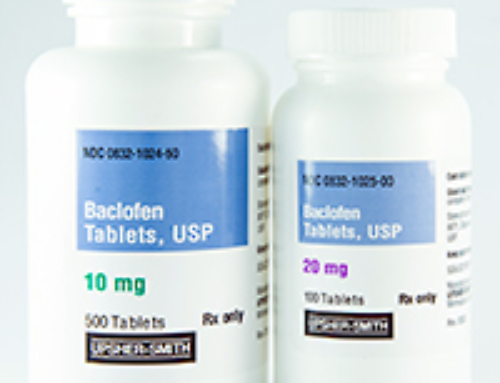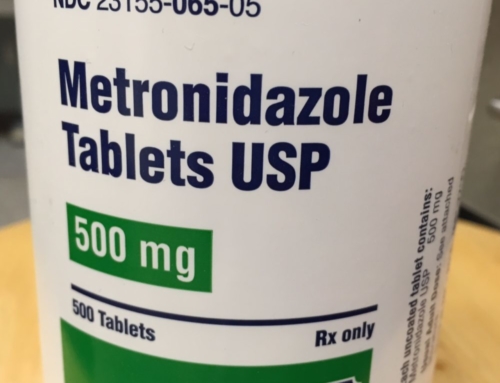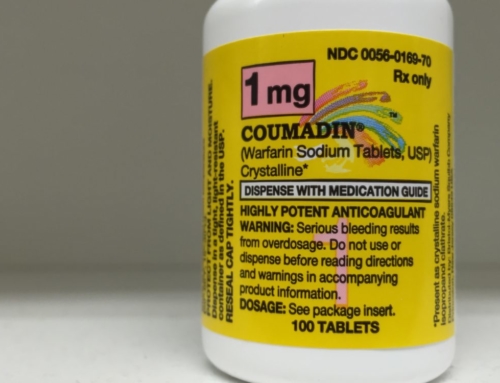If you have any reason to suspect your pet has ingested something toxic, please contact your veterinarian or one of the other resources listed:
• ASPCA Animal Poison Control Center 24-hour hotline at (888) 426-4435
• Pet Poison Helpline® 24-hour animal poison control service at (855) 764-7661
Loperamide
Loperamide, also referred to as Imodium, is sometimes recommended in veterinary practice to treat dogs for diarrhea.

Despite it’s safety in many canines, there are particular breeds of dogs that are sensitive to this drug class due to a genetic mutation (referred to as MDR1). Toxicosis may occur in these dogs even when therapeutic amounts are ingested. Dogs that are classified with this sensitivity include Australian Shepherds, Collies, English Shepherds, German Shepherds, Longhaired Whippets, McNabs, Old English Sheepdogs, Shetland Sheepdogs, and Silken Windhounds.
Signs and symptoms of toxicity: Clinical signs of neurological toxicity include fatigue, difficulty walking, increased saliva production, dilated pupils, blindness and seizures.
Toxic consumption:
It is important to note that each animals’ reaction to medication will vary and thus the dosages at which animals have shown clinical signs of toxicity will also differ. Always follow your veterinarian’s directions for dosing.
At common doses used to treat diarrhea, toxicosis has been seen in dogs with the MDR1 mutation. Any level of consumption in these dogs should be reported immediately.
References:
Problem Drugs. Washington State University College of Veterinary Medicine. Available at: http://www.vetmed.wsu.edu/depts-VCPL/drugs.aspx. Accessed March 15, 2015.
Pet Poison Control is provided free as a public service by the American College of Veterinary Pharmacists. Today we’re asking you to support us with a small donation. If you would like to dedicate your gift in honor or memory of a pet or individual, you will have that option before checkout. Your gift of any amount helps us maintain this resource and make it available to the pharmacy and veterinary communities. Thank you!





